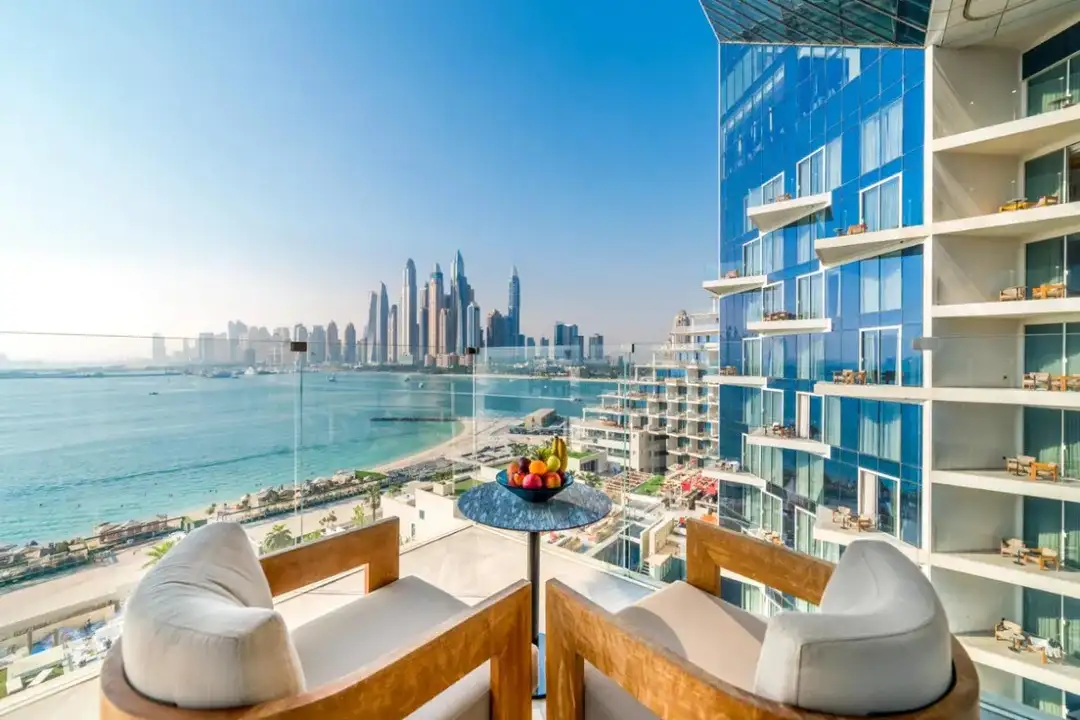Within the tapestry of Dubai's property market, two terms dominate: "freehold" and "leasehold." While the former might be more recognized, understanding leasehold property is equally crucial for those navigating Dubai's real estate waters.
Defining Leasehold Property
Leasehold, in the context of Dubai's property market, refers to the system wherein an individual or entity obtains a property on lease from a freehold owner (often a local Emirati or a government entity) for a specified period, usually between 10 to 99 years. During this tenure, the leaseholder has the right to reside, rent out, or use the property as per the lease terms. However, unlike freehold, the land on which the property stands remains in the ownership of the freeholder.
Origins of Leasehold in Dubai
Historically, before the introduction of freehold property rights for foreigners in 2002, leasehold was the primary method through which non-UAE nationals could gain access to property in Dubai. Even today, in areas where freehold ownership isn't permitted for foreigners, leasehold remains a viable option.
Benefits of Opting for Leasehold
- Accessibility: Leasehold properties often provide access to prime locations in Dubai where freehold might not be an option for foreign investors.
- Flexibility: With shorter commitment periods compared to freehold, leasehold can offer flexibility, especially for those unsure about long-term stays.
- Financial: Leasehold properties can be more affordable upfront compared to freehold options, especially in prime locations.
Key Considerations
- Lease Duration: It's essential to be aware of the lease term. Once a leasehold tenure expires, the property rights revert to the freeholder, unless the lease is renewed.
- Maintenance and Fees: Lease agreements might have stipulations about property maintenance, service charges, or other fees. Ensure you're well-aware of these before committing.
- Resale Value: Leasehold properties, especially those with diminishing lease terms, can sometimes have lower resale values compared to freeholds.
- Legal Aspects: Thoroughly review the lease agreement. It's advisable to consult with legal experts familiar with Dubai's property laws to understand your rights and obligations.
Leasehold vs. Freehold
While leasehold allows you to use and possess a property, remember that it doesn't offer the same permanence or ownership rights as freehold. It's a form of long-term rental, albeit one that can last for several decades.
In Conclusion:
Leasehold properties in Dubai offer a unique avenue for those looking to experience the emirate's vibrant lifestyle or make a property investment without committing to permanent ownership. As always, due diligence, understanding of the local real estate landscape, and expert guidance are paramount when diving into the leasehold property market of Dubai.




%20(1).webp)
